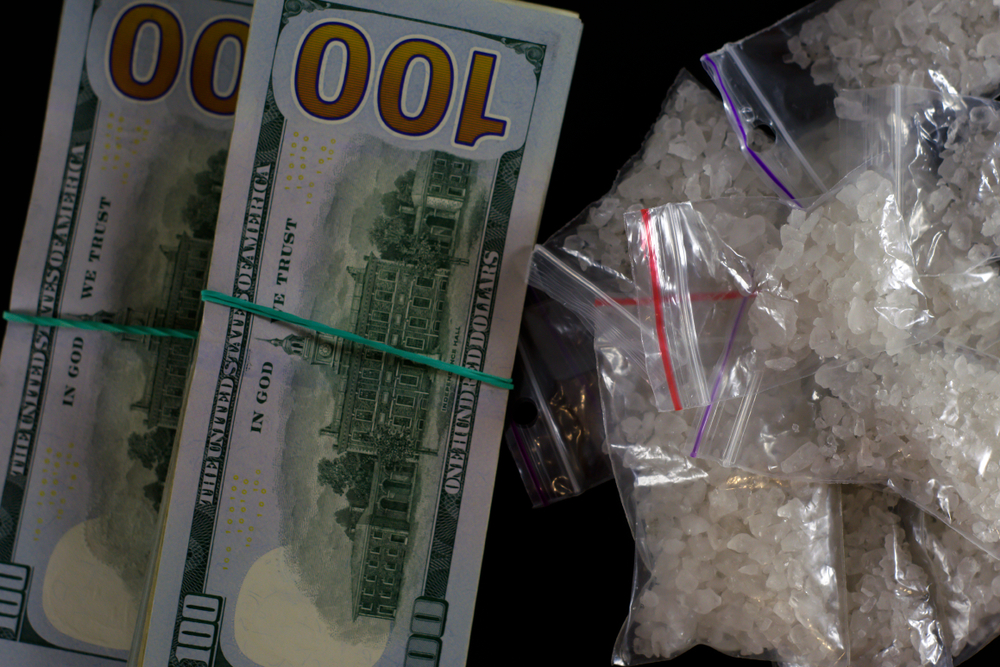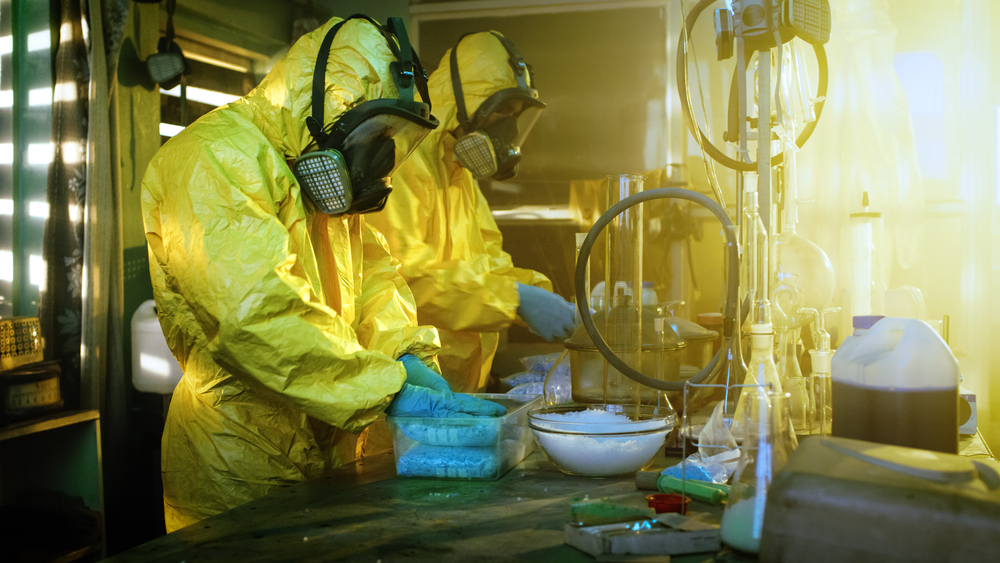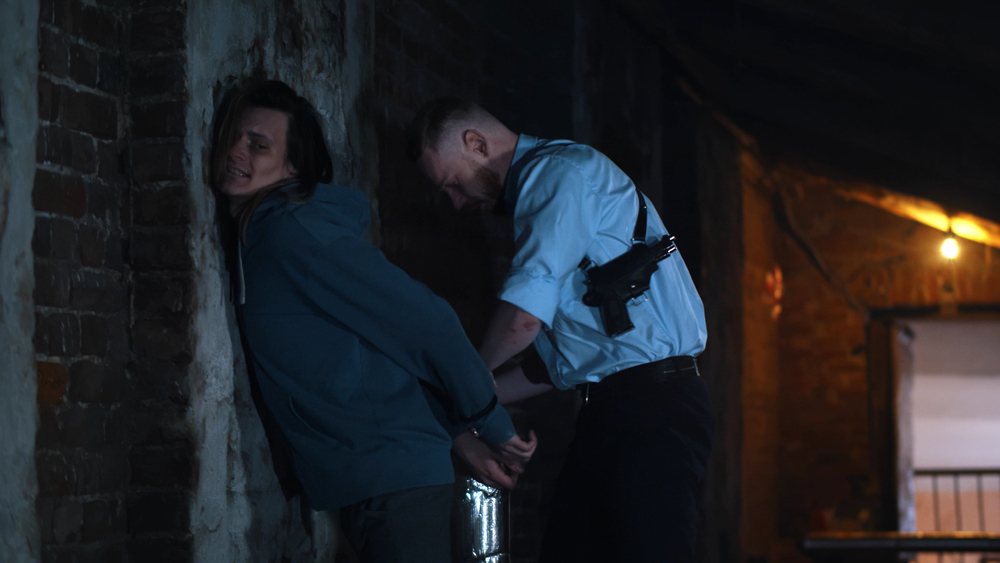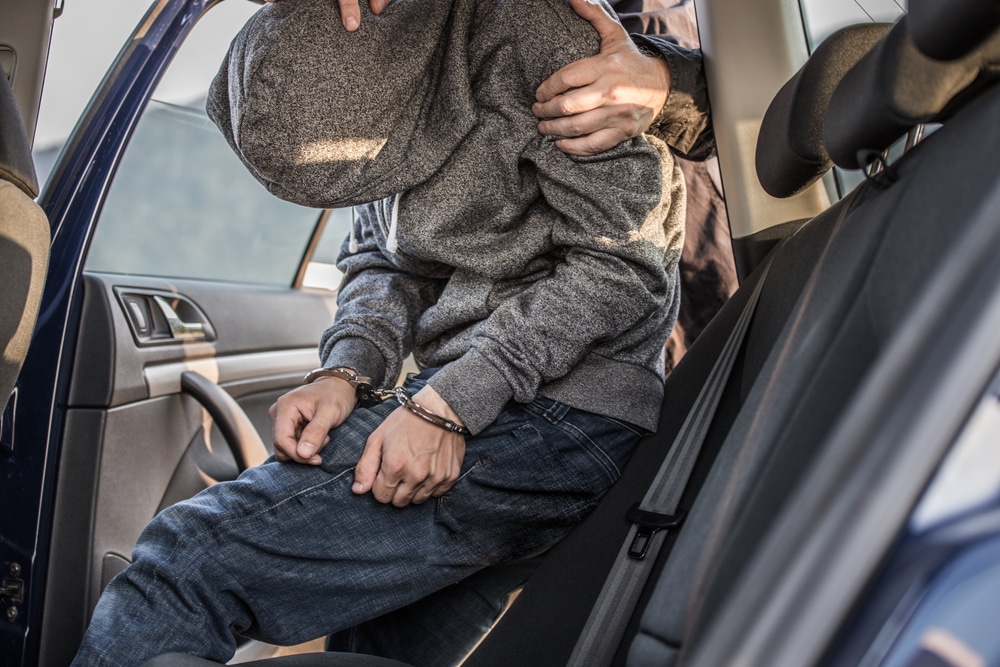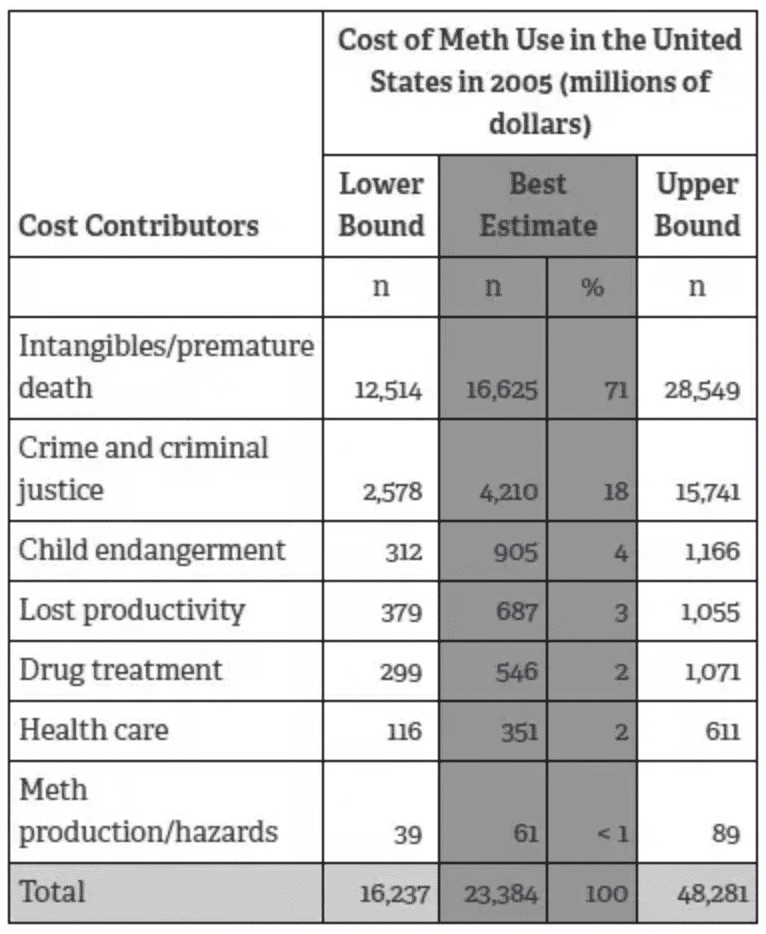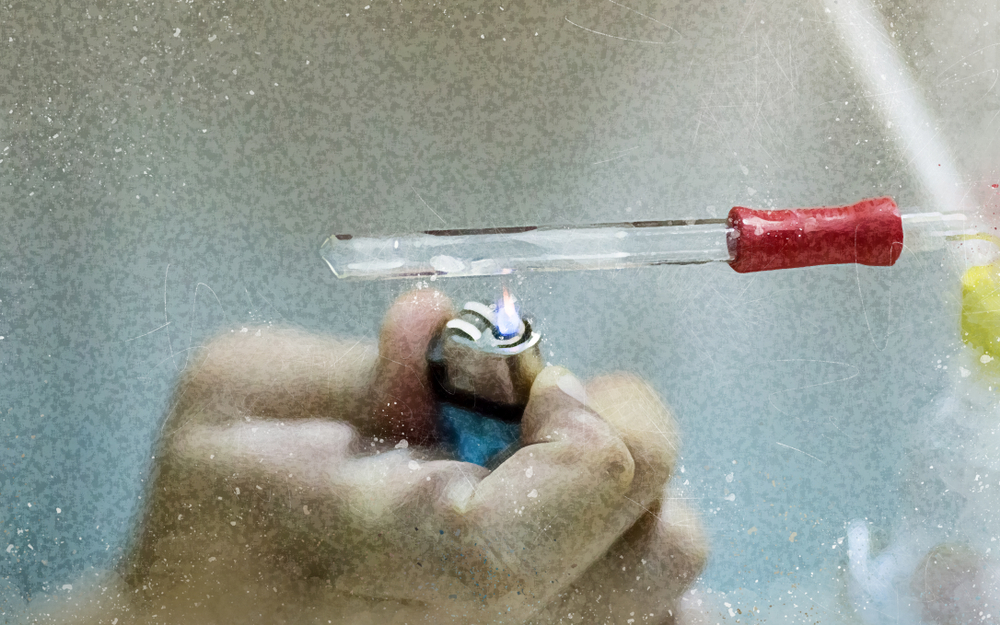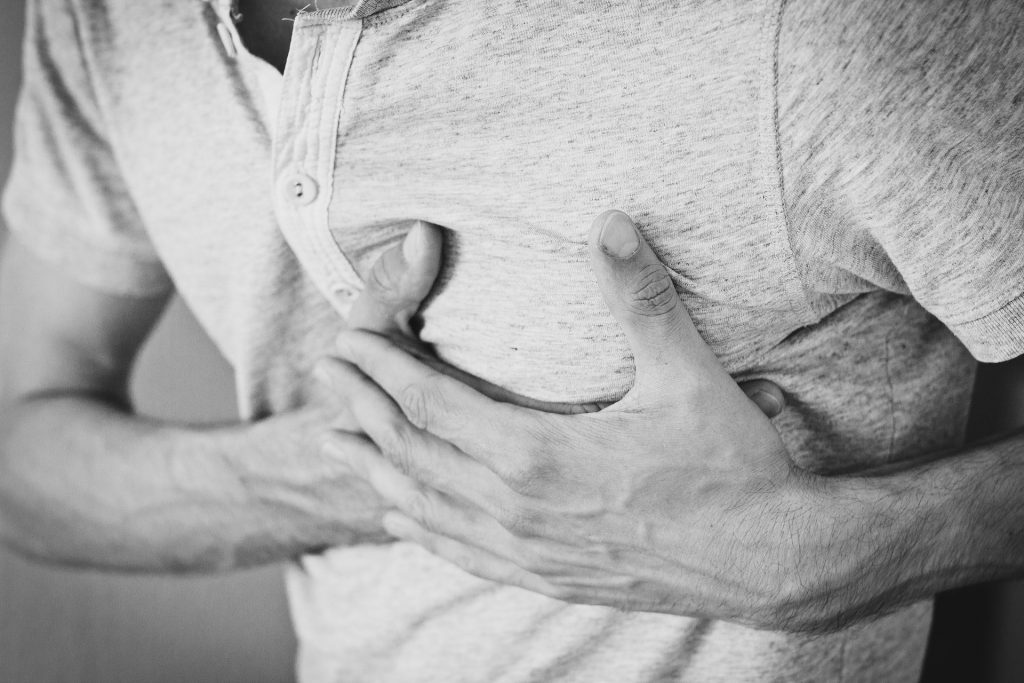Reentering Society after Addiction: Steps for a Successful Transition
Getting back to “normal” life after rehab is no small feat. You’ve put in the hard work, faced the inner battles, and made it through a journey many can’t fully understand. But now, standing on the edge of reentering society, things might feel overwhelming. The idea of building new routines, reconnecting with people, or even just finding your place again can feel like a huge weight on your shoulders.
And the world doesn’t always make it easy. You might run into people who don’t quite get it, or you may feel moments of self-doubt creeping in, making you wonder if you’re ready for this. There’s also this sense sometimes that everyone else is just living their lives while you’re here, trying to catch up. It can be frustrating, and even though you’ve come so far, the process can still feel lonely.
But you’re not alone in this. Reentering society is doable, one step at a time. According to a study published by the CDC and NIH, 3 of 4 people who experience addiction eventually recover. You’ve already made it through the hardest part—now, it’s about moving forward with strength and purpose. Let’s dive into some practical steps to help make this transition smoother and set you up for real, lasting success.
Find Stable Housing
First, you should find a good place to live. You need a safe and steady environment to feel secure and focus on your recovery journey. If you’re coming out of treatment, consider looking into aftercare programs or sober living homes, which provide support and structure as you transition back into everyday life.
Living in a space that supports your mental health and well-being is key. Long-term recovery is much easier to sustain when your surroundings encourage it. Plus, stable housing reduces stress and gives you one less thing to worry about.

Give Yourself Time
The recovery process isn’t always smooth or predictable, and it’s okay if it takes time to feel like yourself again. Remember, it’s about progress, not perfection. There will be ups and downs, days that feel easier, and days that feel harder, and that’s completely normal.
Be gentle with yourself and celebrate the small wins along the way. Each positive step, no matter how small, is progress. Allow yourself the grace to grow at your own pace. Healing is a journey, and it might take eight years or even longer to achieve long-term remission, even with high-quality medical care and treatment.
Apologize and Move On
Addiction may have strained relationships with friends and family members, but recovery is an opportunity to start fresh. Talk to your loved ones and be honest and empathetic. Also know that they may need time to process everything.
Work on overcoming the shame and guilt that might linger. Remember, your past mistakes do not define you. Apologize, make amends where you can, and focus on moving forward with a positive outlook. The goal is to surround yourself with people who understand your journey. Healthy relationships are key to staying on track and can help you feel good about your progress.
Cut Ties with Your Old Life
As hard as it may be, letting go of certain parts of your past is essential for a fresh start. Old habits, places, or even people connected to your addiction can pull you back into patterns that don’t support your recovery. While this may feel difficult, especially when it involves people you care about; remember that your well-being comes first.
Surround yourself with new influences that encourage your growth and sobriety. Focus on building a life that aligns with who you want to become. Moving forward sometimes means leaving certain things behind—and that’s okay. You’re creating space for a healthier, brighter future.
Get a Job
Finding a job can be a big boost in reentering society. It helps you feel more independent and motivated and provides structure to your days. Start by assessing your skills—what are your strengths, and what types of jobs interest you? If you’re still figuring it out, many recovery centers offer vocational training or career counseling to help you find the right job.
It’s also okay to take small steps. Volunteer, join online support groups focused on employment, or attend job fairs to build your confidence and make connections. Over time, working a steady job can help you feel like a productive member of society, giving you a sense of accomplishment.

Take Care of Your Mental and Emotional Well-Being
In recovery, you may experience a range of mental health hurdles like:
- Feelings of anxiety and stress about the future
- Moments of self-doubt and fear of relapse
- Loneliness, especially when old connections are cut
- Guilt or shame related to past actions
- Struggles with low self-esteem and self-worth
- Mood swings and emotional highs and lows
- Sensitivity to triggers and cravings
These are completely normal. Emotions tend to heighten after addiction treatment – so give yourself grace. But since mental health issues can trigger substance use, it’s good to find healthy outlets like journaling, meditation, mindfulness, etc. These tools give you ways to process your feelings and keep moving forward. And remember, you don’t have to go through this alone—lean on your support network whenever you need to.
Build a Support Network
Explore options like aftercare programs, online support groups, or local recovery meetings to stay connected with others on a similar path. Joining a support group can provide you with people who understand your struggles and victories.
Your network helps you during tough times, reminding you of your goals and keeping you accountable. Remember, the goal of recovery isn’t just to stay sober but also to build a life filled with positive, healthy connections.
Overcome the Stigma of Addiction
Unfortunately, stigma around substance use disorders still exists, and dealing with it can be challenging. As we’ve mentioned, you're not defined by your past. Stay positive and show people through your behavior that you’re committed to change to shift how others see you gradually. And again, you don’t have to do this alone.
At More Than Rehab, we understand that recovery doesn’t end after treatment. That’s why we offer comprehensive aftercare and evidence-based treatment to help you continue building a fulfilling, sober life.






